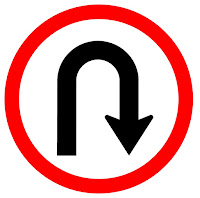natychmiast - immediately

natychmiast - immediately - Karolku, natychmiast otwórz drzwi! - Karolek, open the door immediately ! Polish synonyms: niezwłocznie - from nie + zwłoka - no + delay bezzwłocznie - from bez + zwłoka - without + delay bezpośrednio - from bez + pośredni - without + indirect tuż - also means next door / near by gwałtownie - abruptly / sharply / violently od razu - raz means time ( na razie can be see you later / for the time being) Synonimy angielskie: instantly right now this instant straight away without delay directly promptly at once forthwith (trochę archaiczny / staromodny)






















